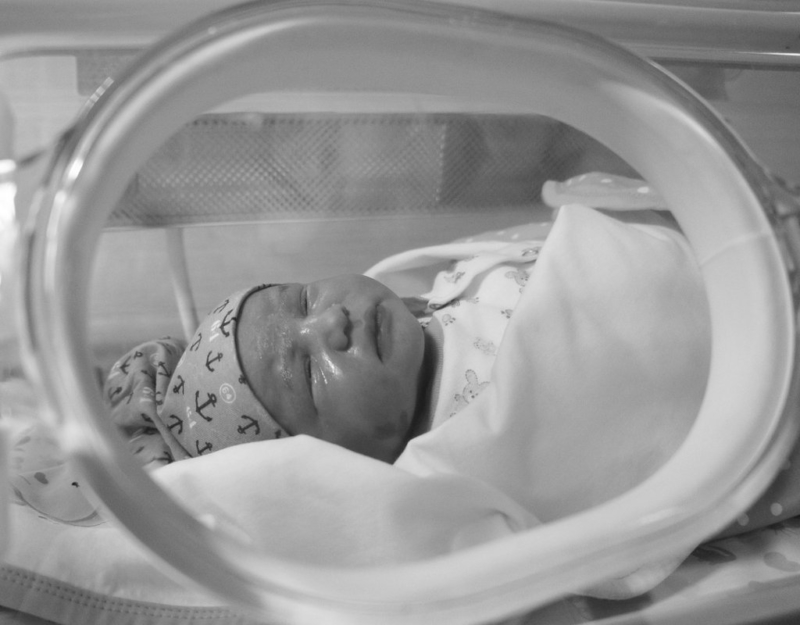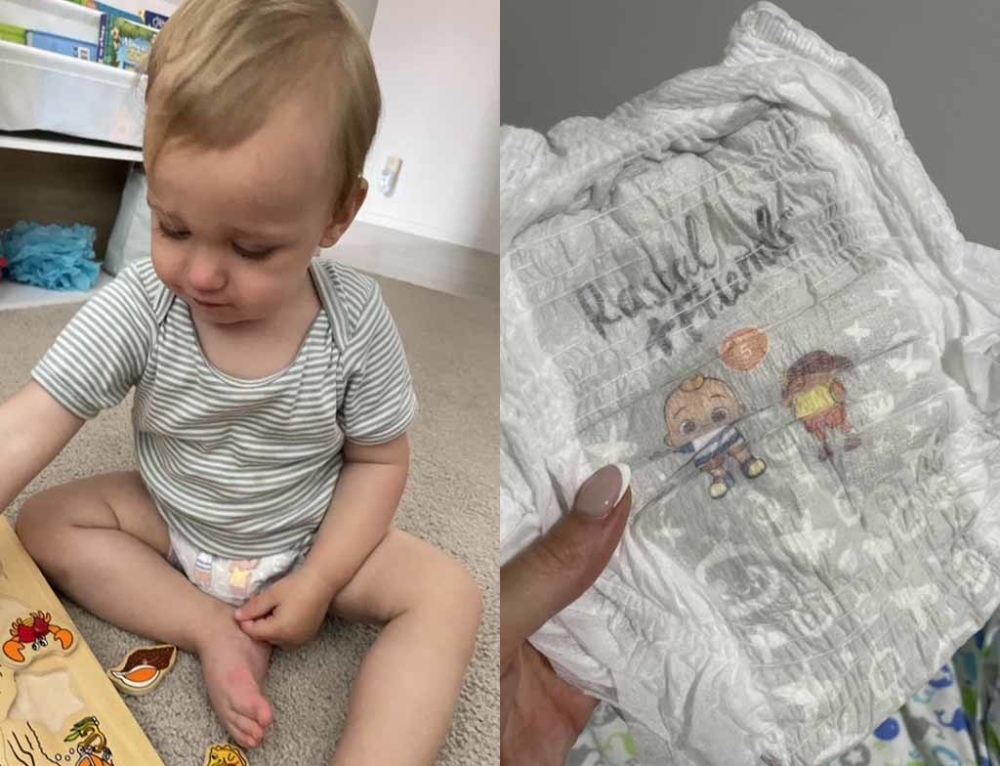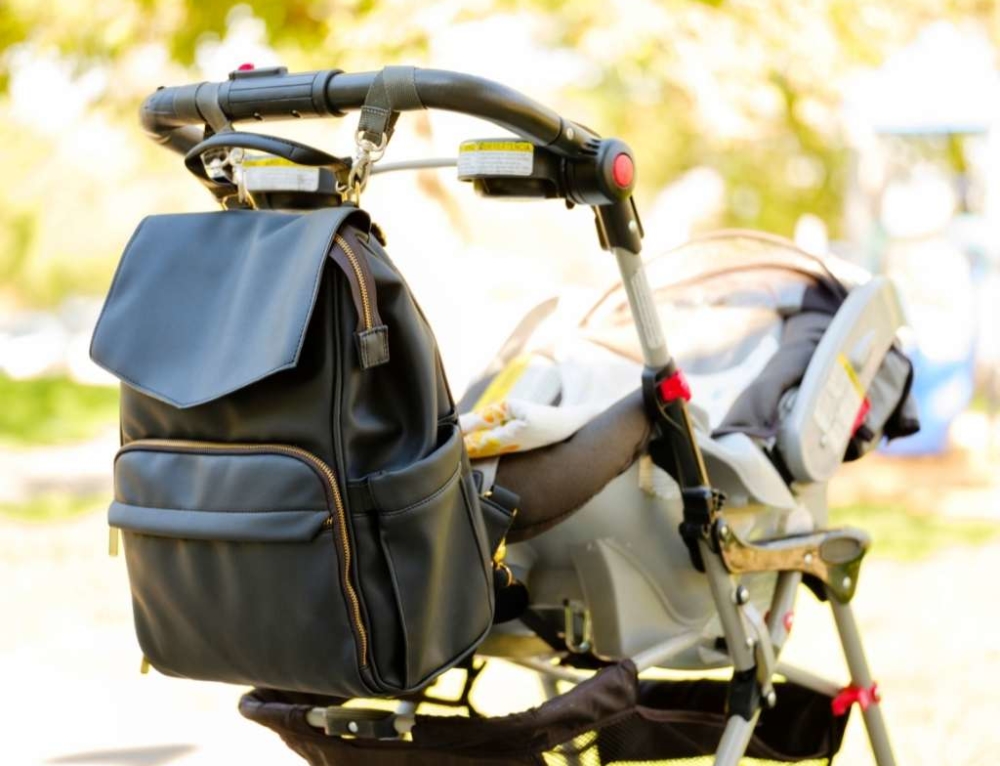In New Zealand there are over 60,000 births per year and approximately 7% are born prematurely. Being born prematurely can be detrimental to a babies’ mental and physical development.
What is premature birth?
A full-term pregnancy is between 37 and 42 weeks, so a baby born prior to 37 weeks is considered premature or pre-term. In Australia, about 8.5% of babies are born prematurely, mostly between 32 and 37 weeks.
What are the survival odds of a premature baby?
The closer your baby is to full-term, the better the survival odds. With each extra week spent in your womb, your baby’s chances of survival are increased. A baby born at 24 weeks has a 58% chance of living, but this rises to 98% or more by the time the she reaches 28 – 30 weeks.
How much do premature babies weigh?
A premature baby can weigh as little as 500 to 2 500 grams. Full-term babies usually weigh more than 2,500 grams (about 5 pounds, 8 ounces).
Typical complications of premature birth
Premature babies often face various complications because their brain and organs haven’t developed and matured enough to function outside of the womb. Some of these include:
- Apnoea – this is when breathing stops for a short period of time because the respiratory centre in the brain has not matured.
- Bradycardia – a slowing down of the heart rate, usually caused by apnoea.
- Bronchopulmonary dysplasia (BPD) – also nown as Chronic Lung Disease, usually requiring ventilator or incubator oxygen.
- Temperature control difficulties – due to the lack of body fat and the temperature centre in the brain not being fully developed, premature babies can’t keep themselves warm.
- Feeding difficulties – a feeding tube into the stomach is often required as premature babies are too immature to suck.
- Jaundice – a premature baby’s liver is too immature to process bilirubin properly, a compound in the blood that breaks down red blood cells.
- Retinopathy of prematurity – this is the abnormal growth of blood vessels in the eye that can result in damage ranging from mild (the need for glasses) to severe (blindness).
- Infection – premature babies are susceptible to infection because they are less able to fight germs.
- Anemia – many premature infants lack the number of red blood cells necessary to carry adequate oxygen to the body.
Premature babies in hospital
- NICU – Nearly all babies born over eight weeks prematurity, require special care in a Neonatal Intensive Care Unit (NICU). In the NICU a premature baby may receive respiratory support from a ventilator to assist with breathing and, because she is yet to develop sufficient fat under the skin, is often nursed in either an incubator or under a radiant warmer to keep her temperature stable. Premature babies often haven’t yet developed the sucking reflex and so are fed through a feeding tube into the stomach. How long a baby stays in NICU depends on how early she was born and the severity of her complications.
- Nursery ward – Babies are often transferred to a special care nursery ward after intensive care to continue growing and maturing. Once they are able to suck well, premature babies can usually be taken home. This is often around the same time as your due date.
Premature birth and ongoing complications
The risks of a premature baby having a severe disability vary depending on how prematurely she was born. Around half of babies born at 24 weeks are at risk of intellectual disability, cerebral palsy, blindness or deafness. A few babies born before 30 weeks may have eyesight, hearing, movement and understanding problems.
Minor disabilities, such as learning difficulties, usually do not appear until primary school age. A premature baby born close to full-term will not usually have any long-term problems.
Find more:
- Read more about premature labour
- Chat to other mums with premature babies on Kidspot Social
- Understand your fear of labour
- Find out about the first stage of labour
- Follow you baby’s development with the weekly Baby’s First Year email
This article was written by Lana Verco for Kidspot, New Zealand’ parenting resource for pregnancy and birth. Sources include Better Health Channel, The Children, Youth and Women’s Health Service and Kid’s Health.







Leave A Comment
You must be logged in to post a comment.